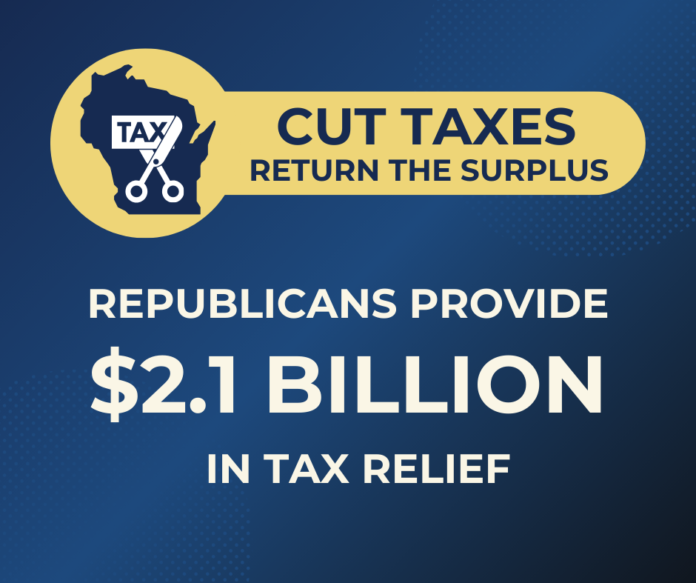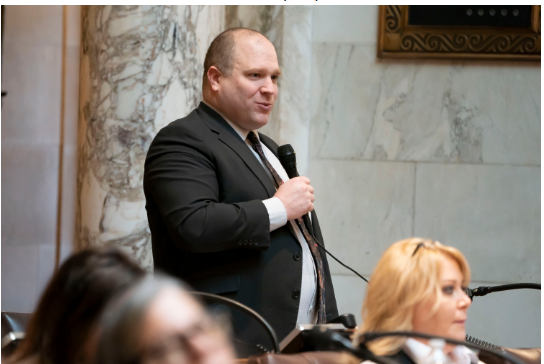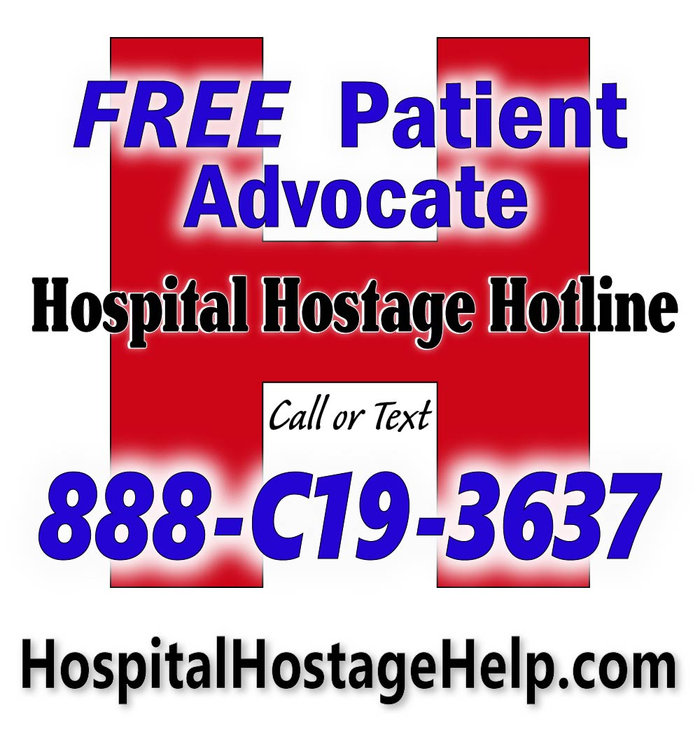Returning the Surplus to Taxpayers
Yesterday, Assembly Republicans held press conferences across the state to announce our new tax reform plan, which includes four different bills: the middle class tax cut, the retirement income exclusion, the married couple credit, and the child and dependent care tax credit. Let’s dive into what each of these areas includes.
The middle-class tax cut broadens the 2nd income tax bracket (4.4%) by increasing the upper thresholds from $38,190 to $150,000 (married-joint filer) and from $28,640 to $112,500 (single filer). Under this bill, the average tax cut is $454 per filer. The tax withholding tables would be updated on July 1st, allowing individuals to see a direct benefit with more in their paychecks beginning in August. This plan makes no changes to the 3rd or 4th brackets.
Next, Wisconsin residents who have reached the age of 65 would be excluded from taxation for up to $75,000 of retirement income for single filers and up to $150,000 of retirement earnings for married-joint filers. The average tax cut for seniors would be $1,582 per filer.
The third category focuses on expanding the married couple credit. Currently, there is a penalty for joint filers who are paying more in taxes because they are married. A way to help with this is through the married couple credit, which is currently capped at $480. This cap was set back in 2001 and has never been adjusted due to inflation. This proposal adjusts the credit for inflation to 2024 numbers, which will increase the maximum credit to $870. We are hoping this proposal will encourage both parents to stay in the workforce and help meet the demand for more workers and economic growth in Wisconsin.
The last part of the package focuses on expanding the child and dependent care tax credit. This plan expands the state child and dependent care tax credit from the current 50% up to the full 100% of the federal credit and increases the maximum amount of allowable expenses from $3,000 to $10,000 for one child and from $6,000 up to $20,000 for two or more children.
Last year, in the Governor’s State of the State, Governor Evers made the following comments: “We have a duty to create prosperity that will define our state for generations.” This package does just that. If it passes, the bills would provide $2.1 billion in tax relief for Wisconsinites and would apply to 54% of all tax filers, providing an average of a 15% decrease. Now is the time for the governor to stay true to his words from a year ago.
Session 1/16/2024
Last Tuesday, the Assembly met for session to vote on a number of bills.
AB 144 (SB 158) provides a provisional license to specific healthcare professionals who meet all qualifications for their intended profession and have filed an application with the Department of Safety and Professional Services (DSPS) for a license or certificate. This would allow medical professionals to start working almost immediately while their permanent credential is being processed.
To hear my full thoughts on the legislation, click here or on the photo above.
AB 16 (SB 21) allows a prisoner in the correctional system to possess personal property with a value of up to $150. It was previously $75.
AB 42 is a bill I wrote that prohibits the Department of Administration (DOA) selection committees from refusing to select a one-person architecture/engineering (A/E) firm for a state project that has an estimated cost of less than $2,000,000. This legislation will make the sector more competitive, especially for the smallest of businesses.
AB 90 requires the Department of Safety and Professional Services (DSPS) to contract with a third-party entity to issues licenses for occupational therapists and occupational therapy assistants.
AB 143 prohibits the Department of Safety and Professional Services (DSPS) and the profession associated credential boards from requiring an applicant to pass a statutes and rules examination as a condition of licensure for a multitude of professions.
AB 184 (SB 173) allows for two occupations to be included on a death record.
AB 185 (SB 174) requires use of the electronic system of vital records for medical certifications of death.
AB 186 (SB 175) requires the Department of Health Services (DHS) to promote and encourage training for persons who complete and sign medical certifications of death.
AB 187 (SB 176) requires the Department of Health Services (DHS) to establish and encourage best practices for coroners and medical examiners for completing medical certification of death.
AB 189 (SB 178) requires the notification of the medical examiner or coroner of any death that occurs within 24 hours of admission to facilities.
AB 219 (SB 218) creates a grant program that will assist local units of government to help pay for the costs associated with upgrades in technology for their radio systems.
AB 327 (SB 318) would allow certain search and rescue organizations or recovery teams that use human remains detection canines to receive anatomical gifts for training purposes.
AB 383 enables adoptive parents to receive adoptive parent education training online rather than in person.
AB 453 adopts the 2014 Uniform Law Commission amendments to the Uniform Fraudulent Transfers Act and makes multiple changes to current language.
AB 500 prohibits the Department of Health Services (DHS) from requiring a health care provider or group that is licensed, certified, registered, or otherwise authorized to provide health care services in this state and that exclusively offers health care services in this state through telehealth to maintain a physical address or site in this state to be eligible for enrollment as a certified provider under the medical assistance program.
AB 569 modifies a provision in the Department of Transportation’s (DOT) administrative code related to restrictions on the location of driver’s education schools to DMV offices.
AB 665 modifies a scholarship awarded by the Higher Educational Aids Board so that it applies to students enrolled in the Marquette University School of Dentistry (MUSD).
AB 666 ratifies the Dentist and Dental Hygienist Interstate Compact in WI. Interstate compacts allow states to coordinate across state lines and create agreements to implement standards for licensing of specific professions.
AB 667 specifies that the Joint Committee on Finance (JCF) may provide up to $20,000,000 in funding in the 2023-25 fiscal biennium, from the JCF supplemental appropriation, for technical college programs to expand the state’s oral health care workforce.
AB 668 provides a licensure process and framework for Dental Therapists in Wisconsin to serve patients directly within their scope of care.

In-District Events
The Mishicot Fishing Derby will be January 27th and 28th. The event begins on Saturday at 13804 Jambo Creek Road in Mishicot. For more information call Joe at 920-905-0095.
Tuesday, January 30th, will be the Mishicot Lions Chili Dinner at Mishicot High School from 4:30 p.m. to 7 p.m.
Sunday, February 4th, is the Valentine’s Dance at St. Isidore the Farmer Parish Hall in Tisch Mills from 12 p.m. to 4 p.m.
Saturday, February 10th, is the Chili Drive Thru at Grace Congregational UCC (2801 Garfield St., Two Rivers) from 9 a.m. to 12 p.m. For more information and to pre-order, call 920-553-1222.
Sunday, February 11th, will be the Kiwanis Annual Pancake Breakfast at the Machut’s Supper Club in Two Rivers from 8 a.m. to 12:30 p.m.



